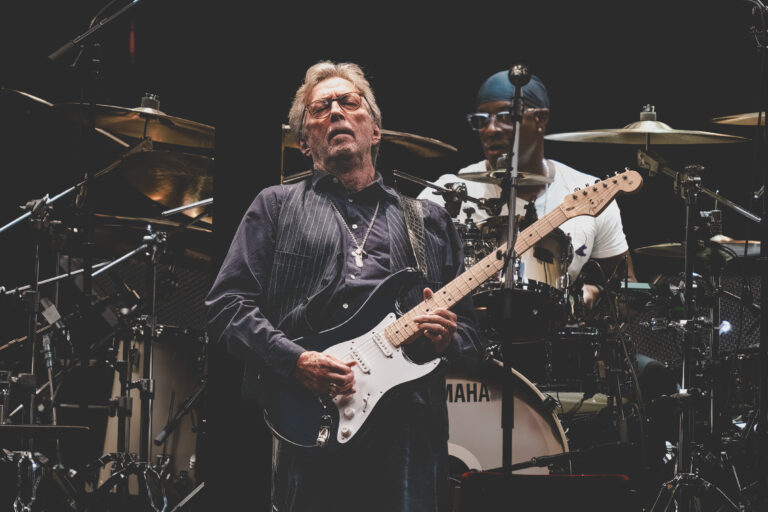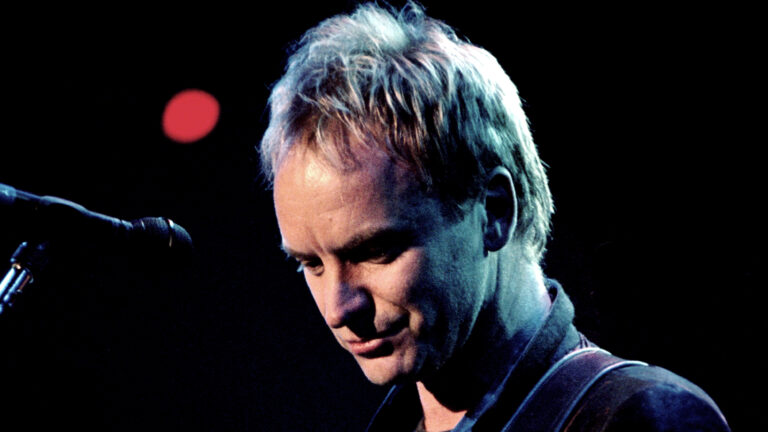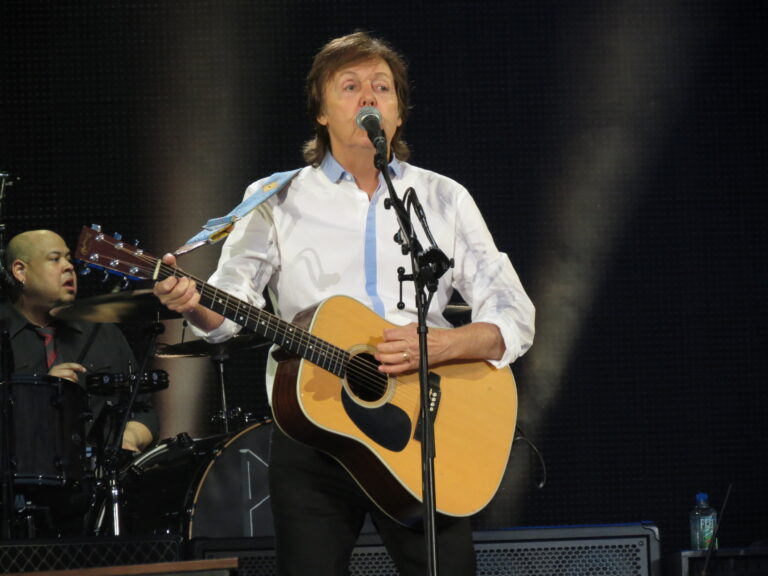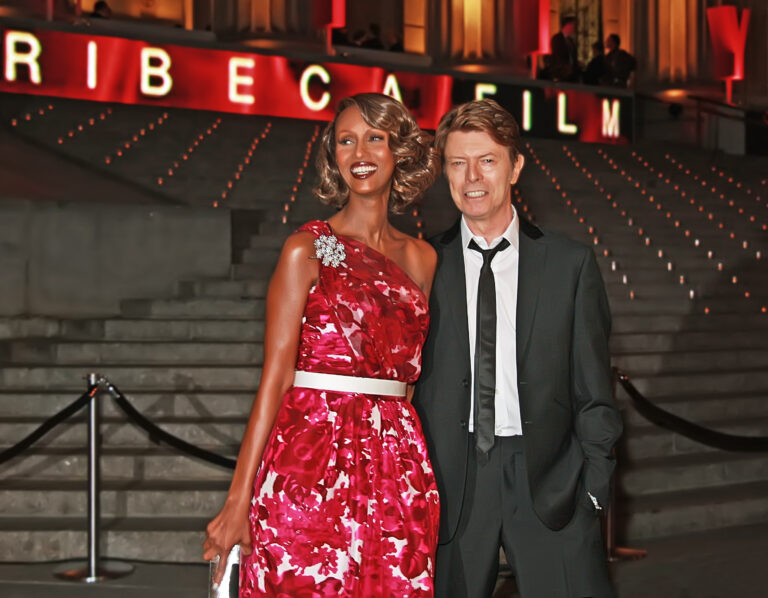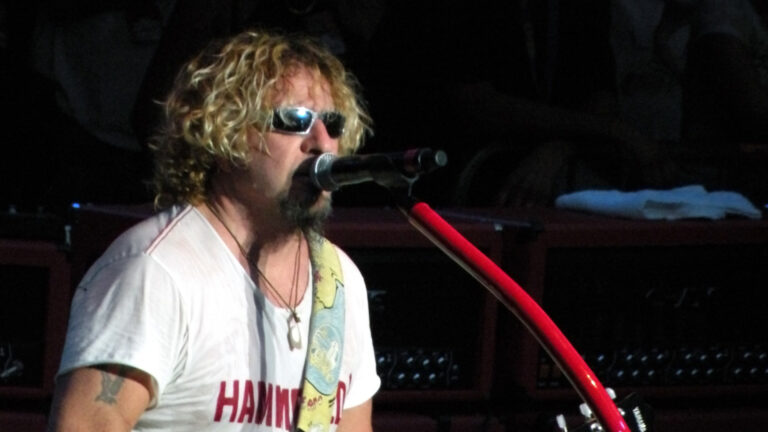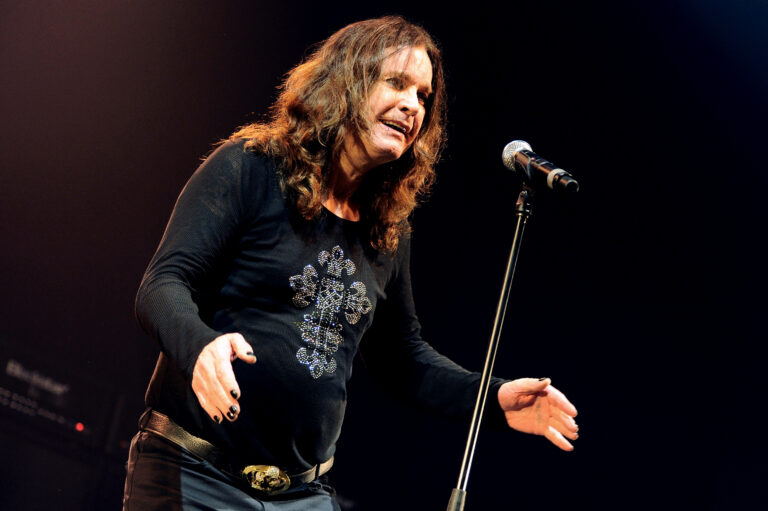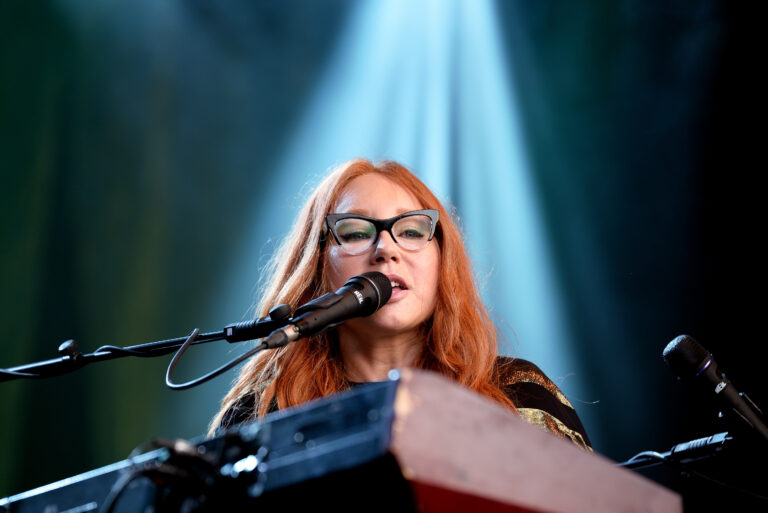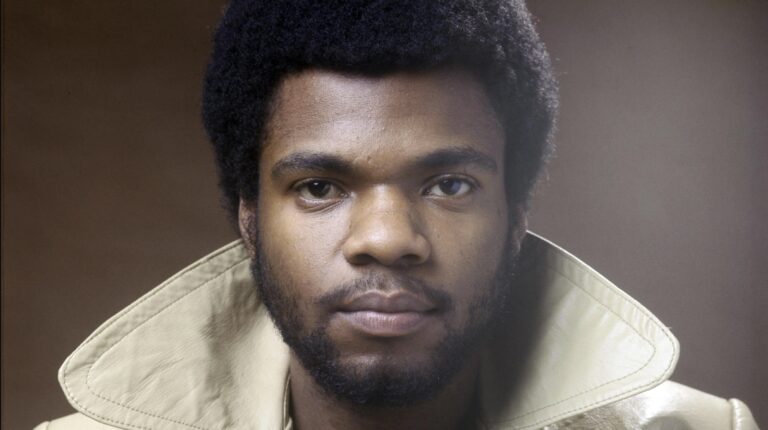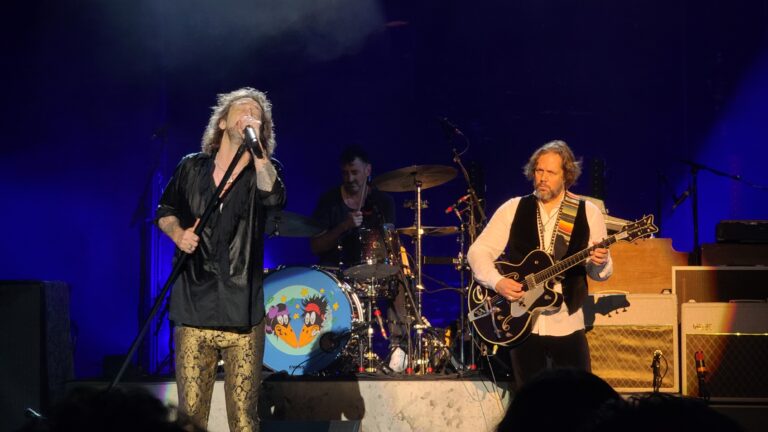
Trump Escalates Feud With ‘The Boss’
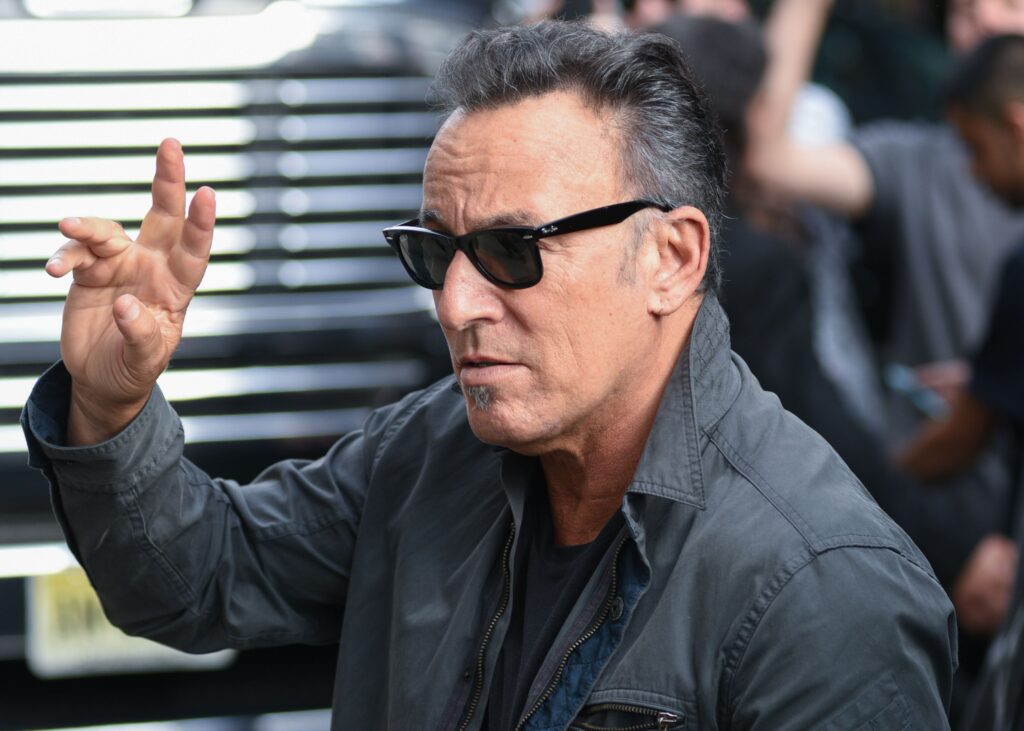
In recent weeks, tensions have escalated between former President Donald Trump and rock legend Bruce Springsteen, provoked by the musician's outspoken criticism of the Trump administration during a concert in Manchester, England. Springsteen labeled Trump's government as “corrupt, incompetent, and treasonous,” reigniting a long-standing feud that Trump has now escalated by calling for a “major investigation” into Springsteen and other celebrities such as Beyoncé, Bono, and Oprah Winfrey, who supported Kamala Harris during her presidential campaign. Trump alleges these endorsements were illegal campaign contributions. Despite the lack of substantiation for Trump's claims, the controversy spotlights his ongoing attempts to use political power to silence critics and media personalities opposing his views.
Bruce Springsteen's criticism of Trump is not new; he has long been a vocal detractor of the former president. This latest attack from the musician signaled a resurgence of their public feud, which extends back to Trump's first term in office. Springsteen has consistently used his public platform to criticize Trump, accusing him of nepotism, neglect for constitutional values, and erosion of democratic principles. Springsteen’s remarks at his Manchester concert emphasized the power of collective action in safeguarding democracy, urging audiences to resist authoritarianism. These political statements, while celebrated by many of his fans, have put Springsteen in direct conflict with Trump’s administration, which appears intent on targeting artists and entertainers who challenge its policies.
Trump's use of social media to express disdain for political opponents, particularly those in the cultural sphere, is emblematic of his broader strategy to undermine freedom of speech among liberal celebrities. His administration's history of attempting to weaponize campaign finance laws to intimidate and silence these figures shows a concerted effort to curtail free expression. Trump alleges that payments made by Harris’ campaign to production companies associated with Springsteen, Beyoncé, and others were illegal endorsements disguised as compensation for performances. However, these transactions are typically considered standard financial practices in political campaigns, where compensation is required for services rendered, such as arranging performances at campaign events.
Despite Trump's allegations, the facts regarding the payments to these celebrity affiliates suggest otherwise. For instance, Kamala Harris’ campaign reportedly paid Oprah Winfrey’s Harpo Productions $1 million for a town hall event and Beyoncé’s Parkwood Production Media $165,000 after a rally appearance. It is also noted that Springsteen’s Thrill Hill Productions received $76,000 for his Georgia rally performance. These payments reflect typical campaign practices rather than illegal financial maneuvers.
Public responses to Trump's rants have ranged from satire to serious concern for the implications on free speech. Observers suggest that Trump's approach to cultural critics highlights a discomfort with dissenters in the creative community, echoing a broader attempt to suppress unfavorable opinions. The American Federation of Musicians has openly defended Springsteen and other musicians, emphasizing the critical cultural contributions they provide and their rights to freedom of expression.
Furthermore, this scuffle between Trump and Springsteen embodies the former president’s tendency to engage in personal vendettas disguised as matters of public politics. Many see Trump's escalating threats as part of his broader strategy to wield governmental power vengefully against perceived adversaries from his time in office. This strategy includes using legal systems, such as the Federal Election Commission and the Department of Justice, as instruments for targeting those opposing him.
This ongoing saga underscores how political figures can exploit positions of power to target cultural icons and clamp down on dissenting views. It has sparked continued discourse on the boundaries between political influence and artistic freedom. As this narrative unfolds, it serves as both a cautionary tale and a vibrant illustration of the persistent tensions between politics and the arts in contemporary America.
Key Takeaways
-
www.rollingstone.com | The Trump administration's attempt to weaponize campaign finance laws against celebrities who endorsed Kamala Harris is seen as an assault on free speech and democratic values.
-
globalnews.ca | Bruce Springsteen referred to the Trump administration as "corrupt, incompetent, and treasonous" in his speech at a Manchester concert.
-
www.rollingstone.com | Trump's legal accusations against celebrities like Springsteen, claiming that payments for their endorsements are illegal, reflects his broader tendency to threaten legal action against critics.













